#The Fraud
Text

L’Impostore, Z. Smith, 2023
#zadie smith#the fraud: a novel#the fraud#l’impostore#english literature#british literature#british writer#contemporary literature#literature#italian translation#translation#book quotes#mailmiocuoredipietratremaancora
21 notes
·
View notes
Text
Reading Zadie Smith’s The Fraud and not 1/10th in she drops the most subtle yet graphic description of lesbian sex I’ve ever read in my life????
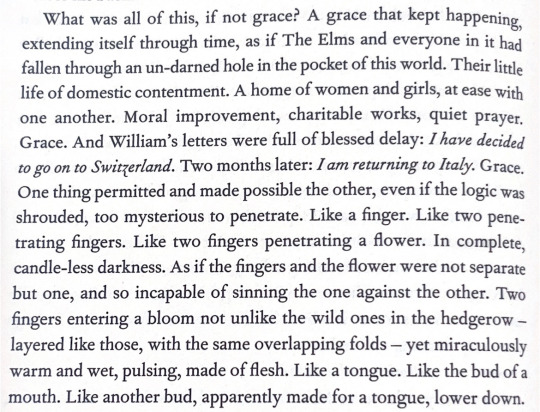
7 notes
·
View notes
Text
Junjie: I think I'm losing my mind.
[Eli, Kord and Trixie sigh]
Kord: Finally!
Trixie: Well, at least you realize Pronto is a problem.
#source: the amazing world of gumball#incorrect quotes#slugterra#incorrect slugterra quotes#junjie#eli#eli shane#kord#kord zane#trixie sting#trixie#beatrice sting#pronto#pronto geronimole#shane gang#mine#the fraud
28 notes
·
View notes
Text
Sometimes, in writing, you have to give up control, take a Zen attitude, and go where you’re being led, which is often right back to where you came from. So I said to Mr. Dickens: Look. You can have a walk-on part, but then I am killing you in the following chapter, straightaway. You won’t be hanging around and you won’t be making any witty speeches or imparting any wisdom. I was as good as my word, killing him in a paragraph, in a very brief, un-Dickensian chapter titled “Dickens Is Dead!” Immediately, I felt that sense of catharsis which people often believe writing brings but which I myself have experienced only rarely. Look at me! (I said to myself.) I just killed Dickens! (By describing his sudden death and subsequent burial at Westminster Abbey.) But, not long after I wrote that triumphant scene, for practical reasons (a flashback) Charles made his inevitable return, appearing as a younger and even more irrepressible force than he had been forty pages earlier. At that point, I gave up. I let him pervade my pages, in the same way he stalks through nineteenth-century London. He’s there in the air and the comedy and the tragedy and the politics and the literature. He’s there where he had no business being (for example, in debates about the future of Jamaica). He’s there as a sometimes oppressive, sometimes irresistible, sometimes delightful, sometimes overcontrolling influence, just as he was in life. Just as he has always been in my life. But childhood influences are like that. They drive you crazy precisely because your debt to them is far larger than you want to know or care to admit. See also: parents.
Zadie Smith, On Killing Charles Dickens
5 notes
·
View notes
Text
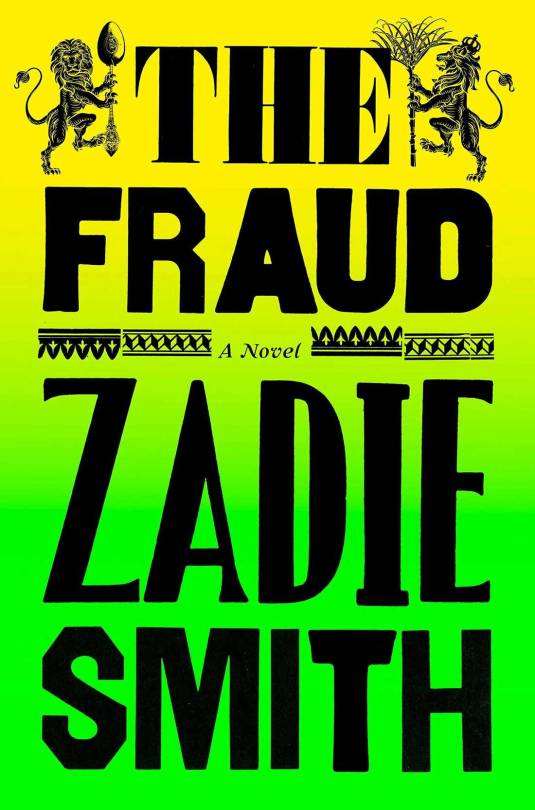
It is 1873. Mrs. Eliza Touchet is the Scottish housekeeper—and cousin by marriage—of a once-famous novelist, now in decline, William Ainsworth, with whom she has lived for thirty years.
Mrs. Touchet is a woman of many interests: literature, justice, abolitionism, class, her cousin, his wives, this life and the next. But she is also sceptical. She suspects her cousin of having no talent; his successful friend, Mr. Charles Dickens, of being a bully and a moralist; and England of being a land of facades, in which nothing is quite what it seems.
Andrew Bogle, meanwhile, grew up enslaved on the Hope Plantation, Jamaica. He knows every lump of sugar comes at a human cost. That the rich deceive the poor. And that people are more easily manipulated than they realize. When Bogle finds himself in London, star witness in a celebrated case of imposture, he knows his future depends on telling the right story.
The “Tichborne Trial”—wherein a lower-class butcher from Australia claimed he was in fact the rightful heir of a sizable estate and title—captivates Mrs. Touchet and all of England. Is Sir Roger Tichborne really who he says he is? Or is he a fraud? Mrs. Touchet is a woman of the world. Mr. Bogle is no fool. But in a world of hypocrisy and self-deception, deciding what is real proves a complicated task. . . .
Based on real historical events, The Fraud is a dazzling novel about truth and fiction, Jamaica and Britain, fraudulence and authenticity and the mystery of “other people.”
5 notes
·
View notes
Text
"Mrs. Touchet had a theory. England was not a real place at all. England was an elaborate alibi. Nothing real happened in England. Only dinner parties and boarding schools and bankruptcies. Everything else, everything the English really did and really wanted, everything they desired and took and used and discarded – all of that they did elsewhere."
Zadie Smith, The Fraud
3 notes
·
View notes
Text
The feeling of walking down grassy Willesden Lane, early in the morning, plucking wildflowers out of the hedgerows and trying to appreciate them. The happiness of knowing she would soon turn round and walk back to a house of steamed rags and strung-up rabbits, drying linens and chubby baby ankles, small hands with food on them, the smell of bacon, fruit cakes wrapped in cloth, the swampy whiff of pea soup, and the simplest chords of Bach played clumsily but with good humour. All of this warm human sacred business she had almost forgotten existed.
The Fraud, Zadie Smith
2 notes
·
View notes
Text
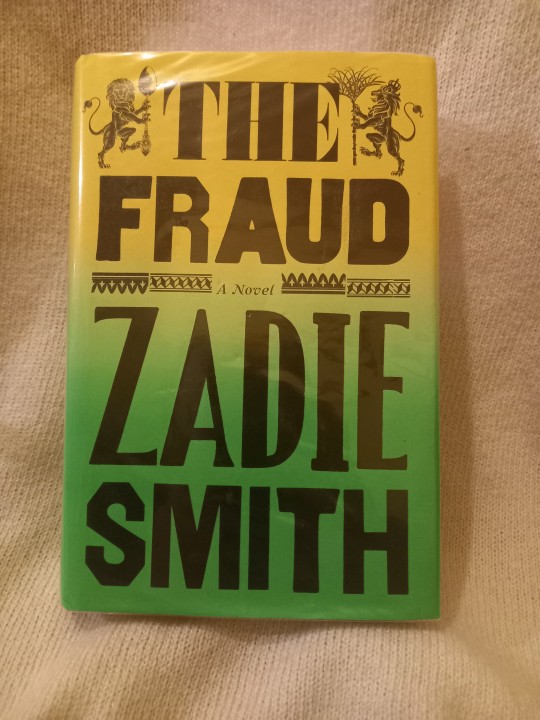
Next read.
#booklr#books#bookblr#fiction#book#book cover#book covers#the fraud#zadie smith#historical#historical fiction
2 notes
·
View notes
Text
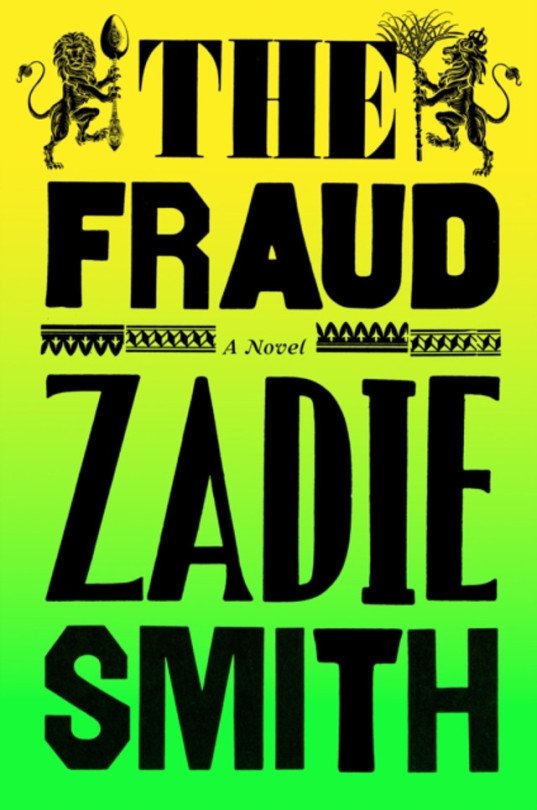
It is 1873. Mrs Eliza Touchet is the Scottish housekeeper - and cousin by marriage - of a once famous novelist, now in decline, William Ainsworth, with whom she has lived for thirty years.
Mrs Touchet is a woman of many interests: literature, justice, abolitionism, class, her cousin, his wives, this life and the next. But she is also sceptical. She suspects her cousin of having no talent; his successful friend, Mr Charles Dickens, of being a bully and a moralist; and England of being a land of facades, in which nothing is quite what it seems.
Andrew Bogle meanwhile grew up enslaved on the Hope Plantation, Jamaica. He knows every lump of sugar comes at a human cost. That the rich deceive the poor. And that people are more easily manipulated than they realise. When Bogle finds himself in London, star witness in a celebrated case of imposture, he knows his future depends on telling the right story.
The 'Tichborne Trial' captivates Mrs Touchet and all of England. Is Sir Roger Tichborne really who he says he is? Or is he a fraud? Mrs Touchet is a woman of the world. Mr Bogle is no fool. But in a world of hypocrisy and self-deception, deciding what is real proves a complicated task...
Based on real historical events, The Fraud is a dazzling novel about truth and fiction, Jamaica and Britain, fraudulence and authenticity, and the mystery of 'other people.'
Daily inspiration. Discover more photos at Just for Books…?
2 notes
·
View notes
Text
But a church... had a different connotation: a church was only another form of human error, to be counted with all the others. She could be persuaded aesthetically by many, spiritually by some, but would never be wholly convinced. Not by any temple made by hands.
Zadie Smith, The Fraud
2 notes
·
View notes
Text
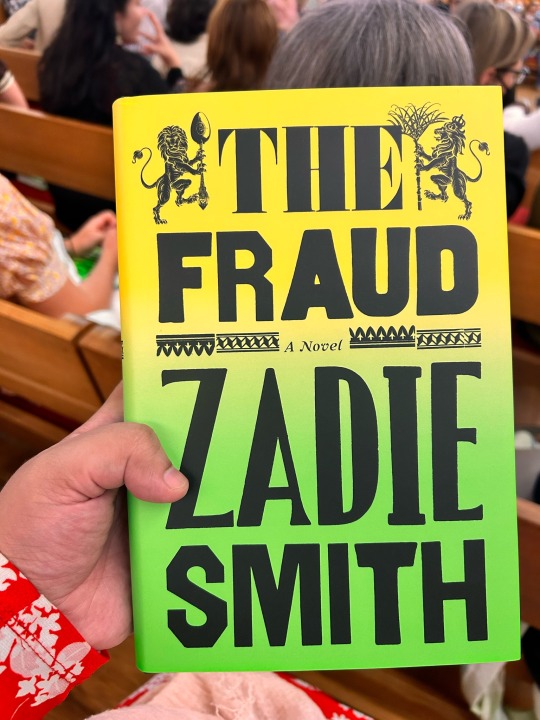

Zadie! ❤️
3 notes
·
View notes
Photo
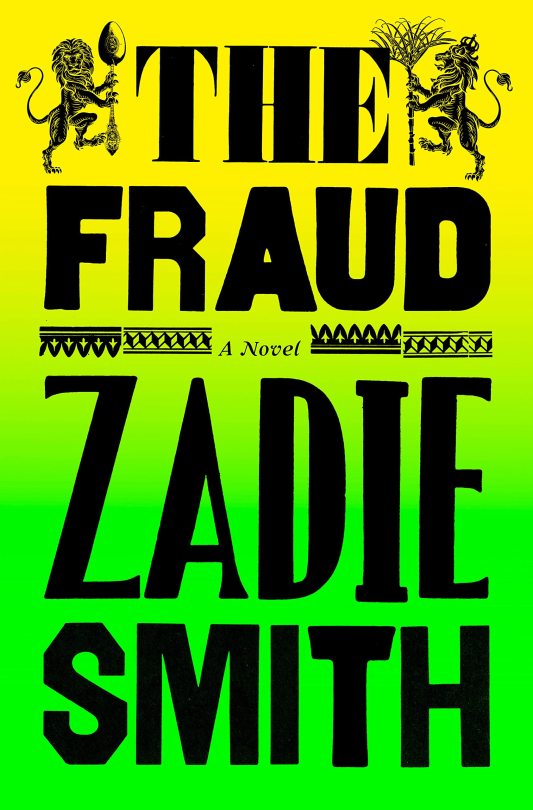
The Fraud: A Novel
By Zadie Smith.
3 notes
·
View notes
Text
sliding scale of posts about Jesus being a carpenter who was nailed to a cross



21K notes
·
View notes
Text
I would be forced to maintain that kind of standard forever. I think it's best if I stay in my comfort zone. Just above fail.
Swick explaining his role
#source: the amazing world of gumball#incorrect quotes#slugterra#incorrect slugterra quotes#swick#mine#the fraud
9 notes
·
View notes
Text

38K notes
·
View notes

